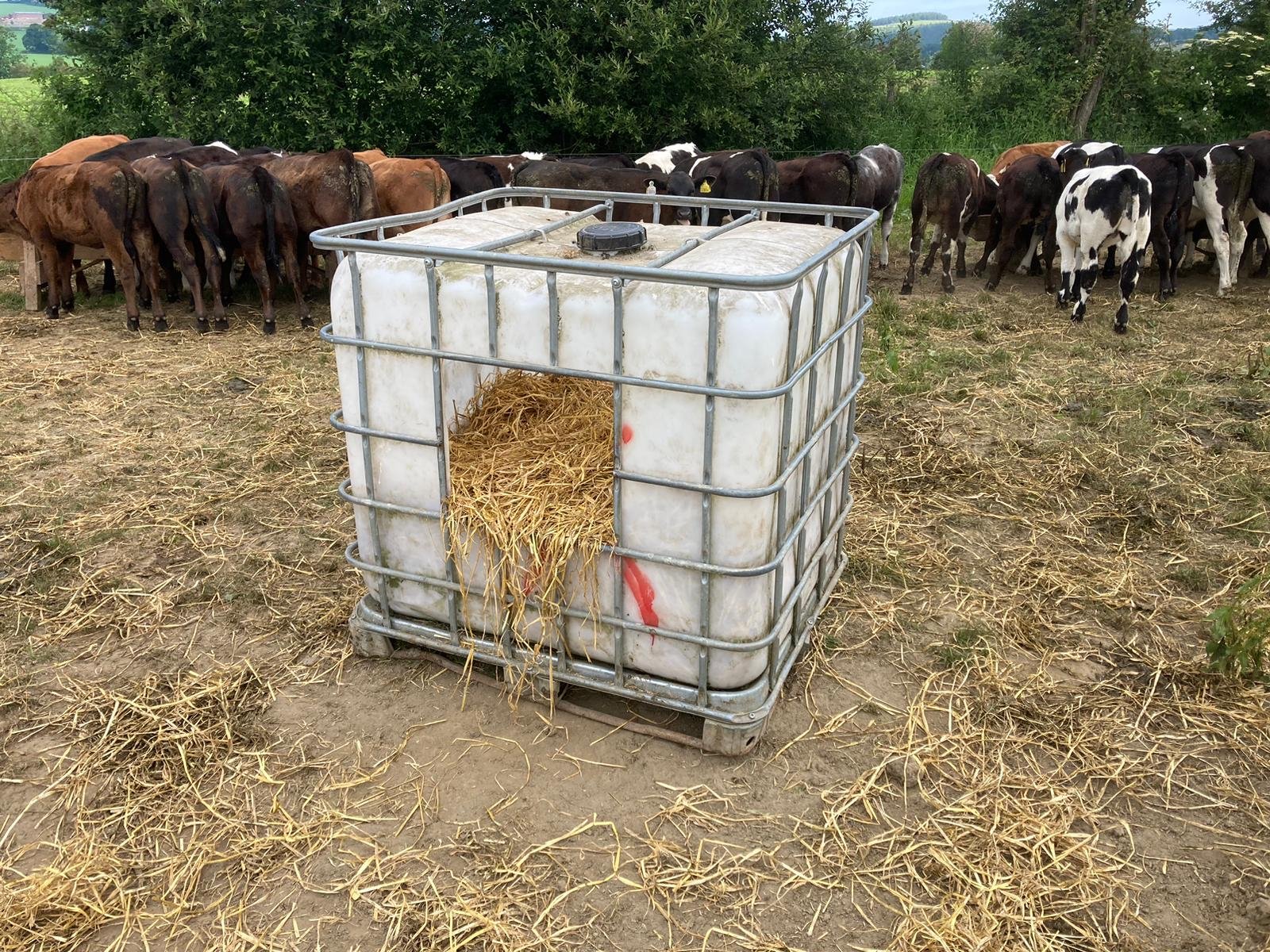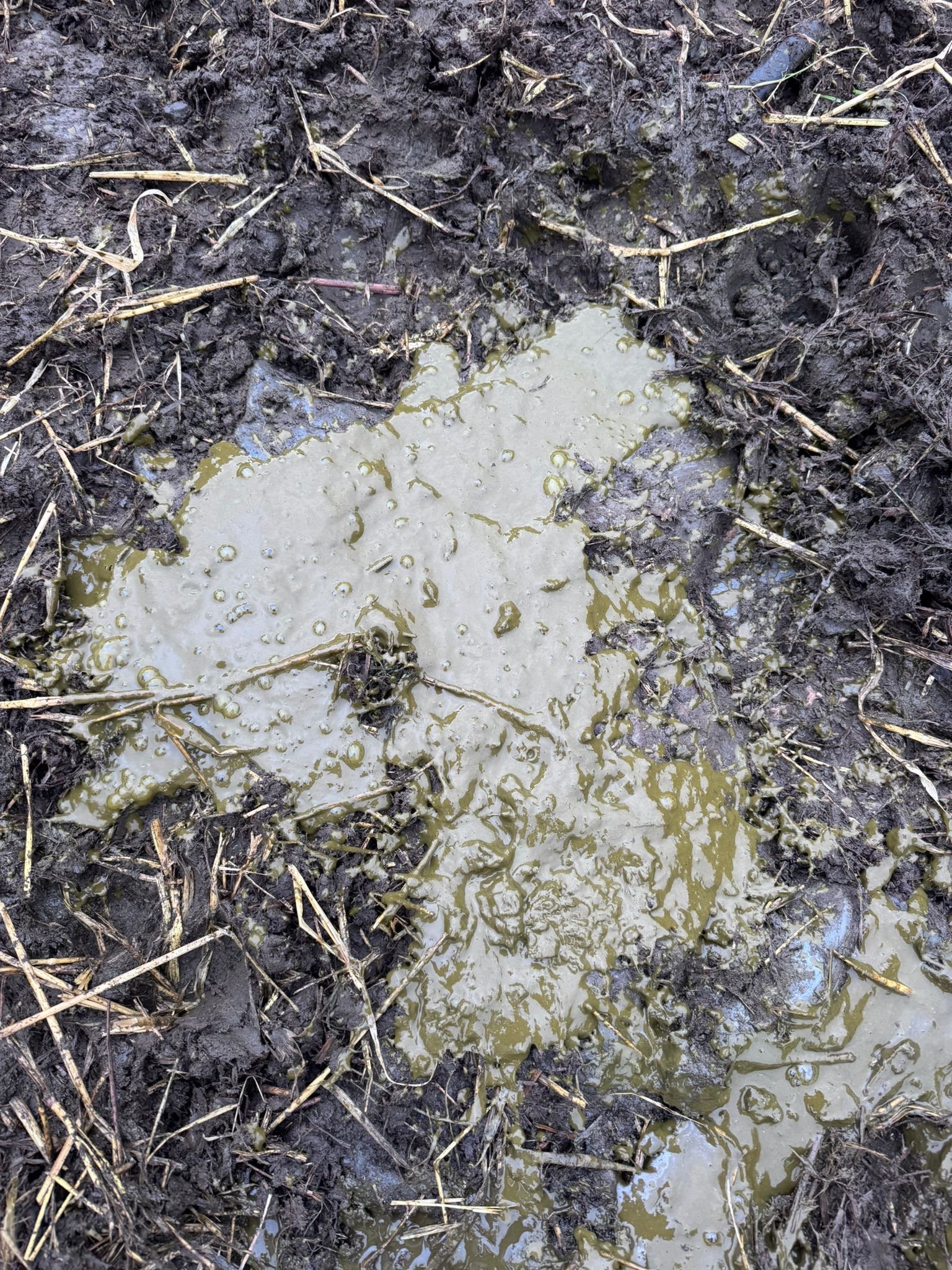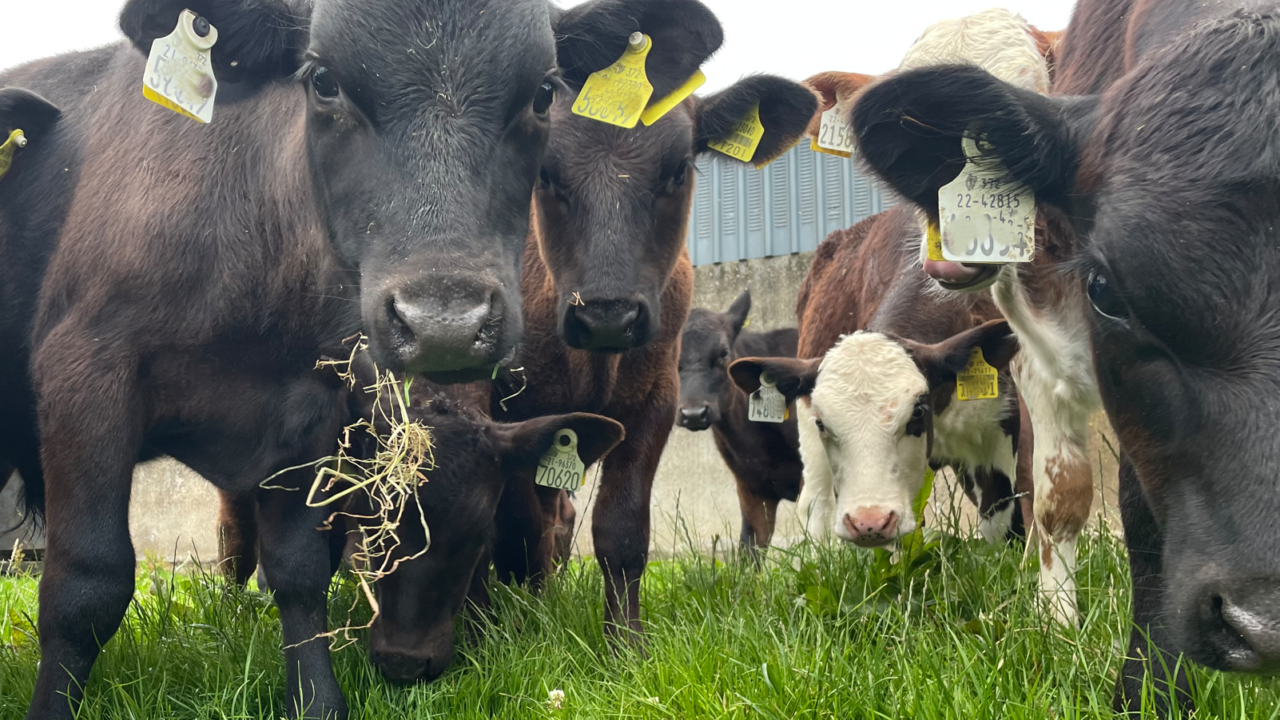Advantage Beef Programme

Agriland caught up with ABP Food Group's Advantage Beef Programme farm liaison team leader Amie Coonan to hear the challenges this relatively new issue is causing affected calves in their first season at grass.
Amie said: "The biggest issue I see with summer scour is that as a relatively new disease, we - as an industry - cannot fully pinpoint the root cause of the issue, which seems to vary greatly from farm to farm.
"Farmer A could have calves on nuts and a new lush reseed with no issues of summer scour. Farmer B could be ticking all the boxes to avoid summer scour such as grazing older stemmy swards, feeding roughage, offering rumen care calf nuts, and still have issues.
"This adds to the farmers’ stress as they cannot identify the exact cause and rectify it."
Summer scour is a relatively new issue impacting bucket-reared calves in their first season at grass.
Clinical signs of summer scour include:
- The sudden onset of scour;
- Mouth ulceration;
- Weight loss;
- Blindness;
- Death in calves in extreme cases.
The farm liaison team leader said: "Last year, very few incidences of summer scour were seen in calves but in recent weeks, the problem has become an issue on numerous farms across the country with farmers informing us of cases of scour, weak calves and blindness.
The ABP demo farm is rearing 400 calves/year to beef every year and experienced issues with summer scour two years ago.
Since then, the farm has implemented the following protocols:
- Ensure calves are weaned properly and are eating 2kg of concentrates/head day and consuming adequate levels of straw/hay in advance of weaning;
- Calves are left indoors for four weeks post weaning on 3kg concentrates/head and straw to ensure adequate rumen development before turnout.
The demo farm was finding the youngest calves, weaned last were the batch that suffered the most from summer scour and noticed these were always turned out the quickest post weaning.
Since the move to retain all calves in the shed for a minimum of four weeks post weaning was implemented on the ABP Demo Farm, thankfully, no cases of summer scour have occurred since.
Amie Coonan offered farmers some advice and tips for helping to reduce the risk of a summer scour outbreak in their calves.
She said: "Calves are selective grazers so will eat the top section of grass which has the highest level of sugar and nitrogen (N) and lowest levels of fibre.

"Young calves consuming high levels of lush grass will cause an imbalance in rumen pH, poor digestion, and therefore scour. It is advisable to let calves graze stronger, older grasses.
"Using strip wires can encourage calves to graze stem content along with the lush leaf content.

"Farmers should also avoid letting calves onto swards that recently received fertiliser.
"Some farmers also allow calves access to the shed for straw and concentrates for a few weeks post turnout."
